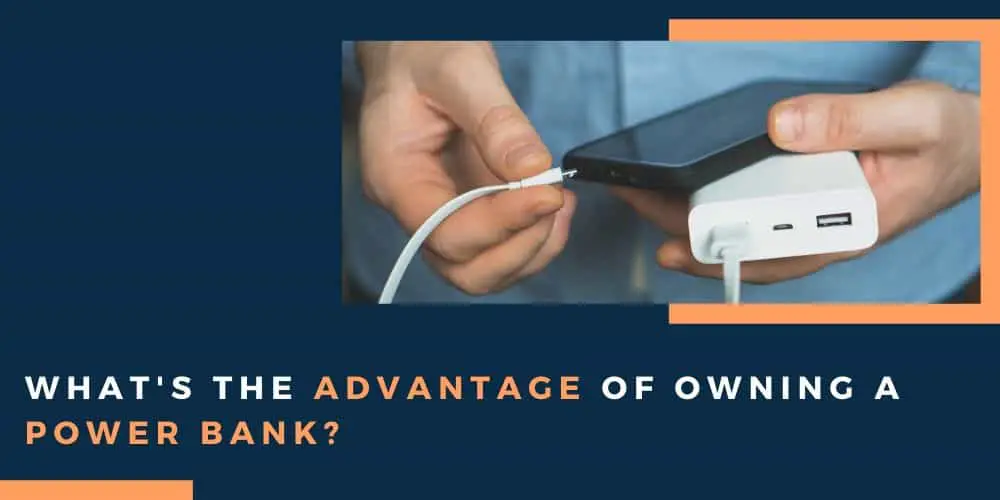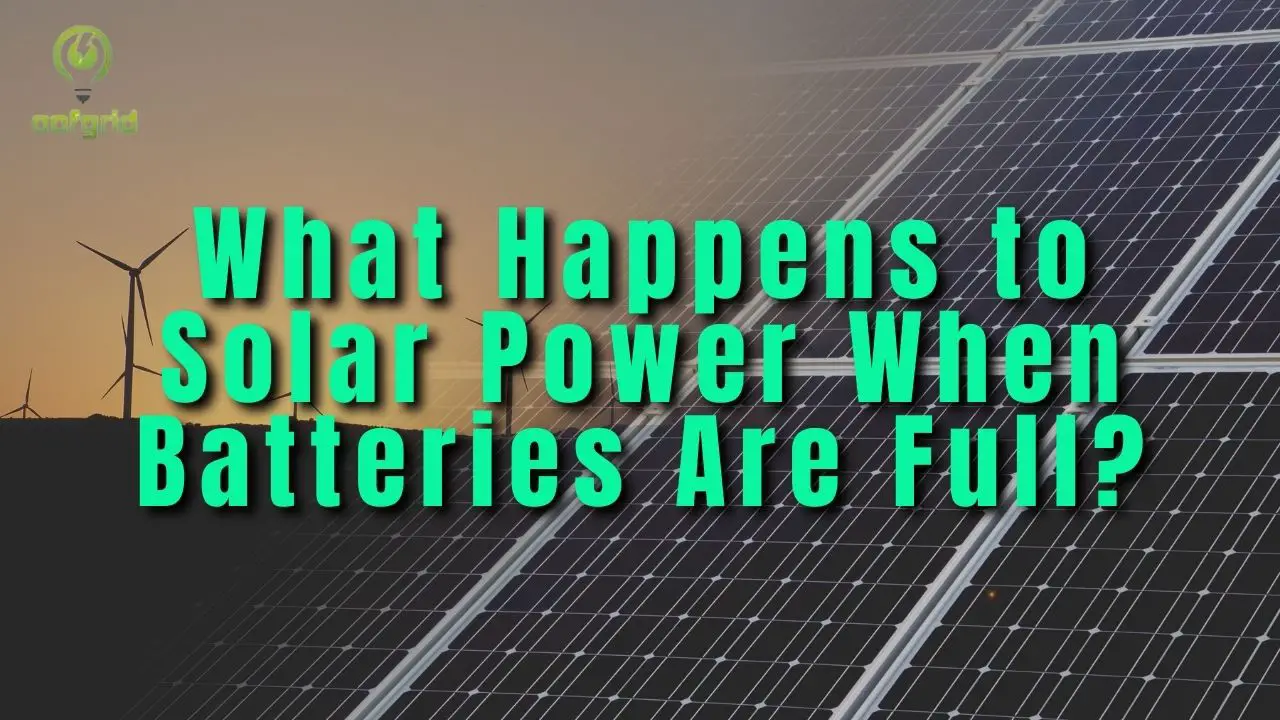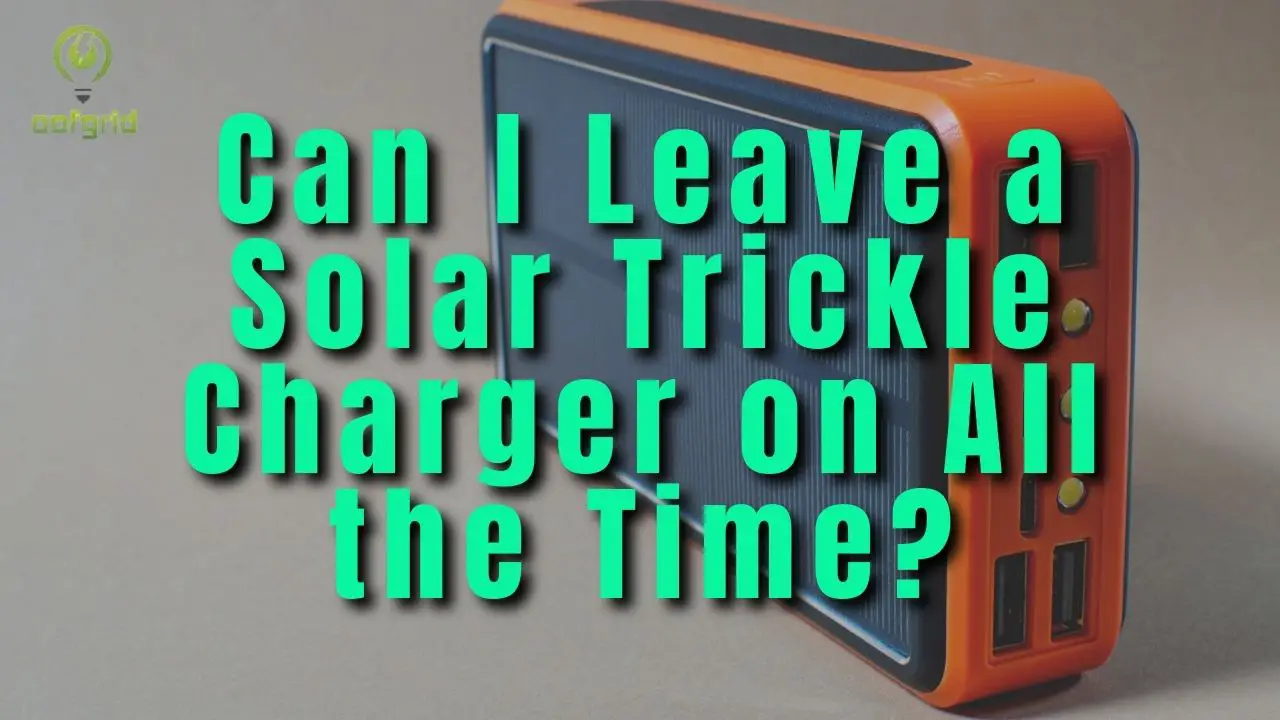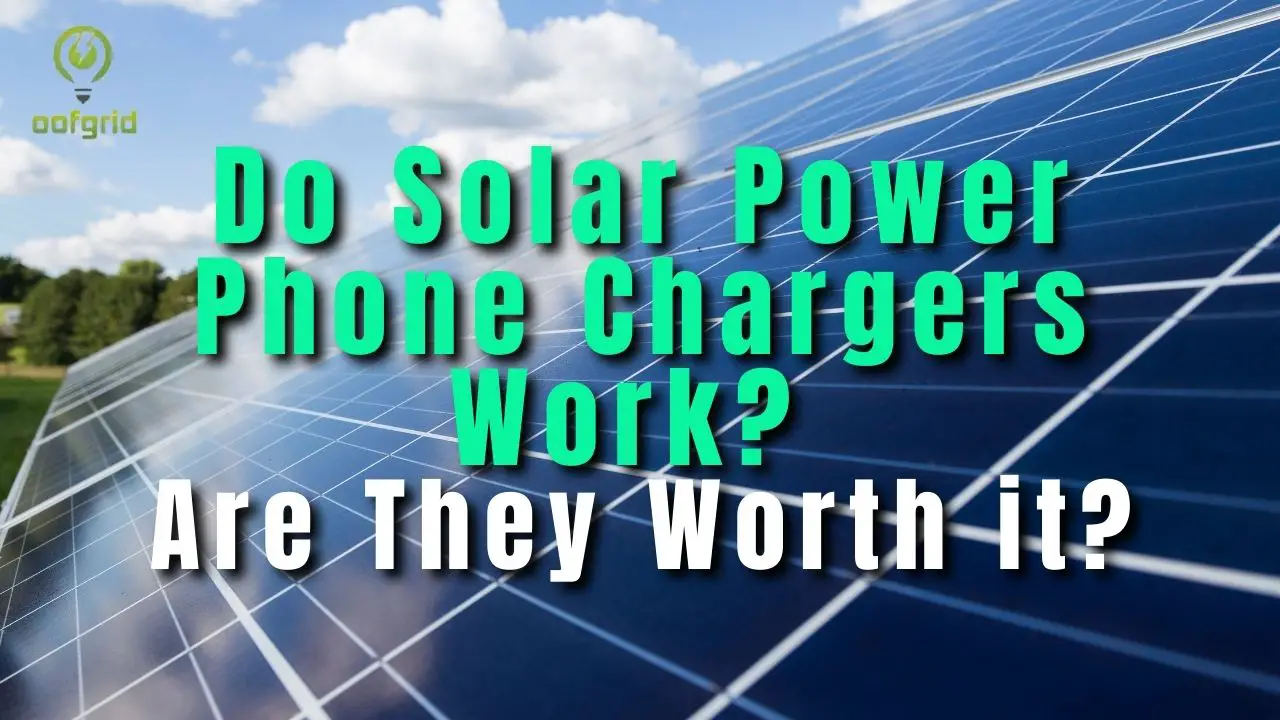So, what is a power bank? Power banks are invaluable, new-gen portable energy solutions for the traveler and explorer. A power bank is made up of a case and rechargeable battery, in which you can store power… a literal power bank!
This means backup energy wherever you are. For campers and hikers, power banks are especially popular. They will allow you to bring your favorite devices, like your cellphone or laptop, and charge them on the trail meaning you can be mobile for longer periods of time.
Contents
What are power banks used for?
The benefits and lists of things you can recharge quickly using one are endless. Charge your device quickly and simply on the go with often up to two or three full charges on items like your mobile phone and other small devices.
So, what is a power bank used for? Just about any gadget that you can think of!

What Can You Do With A Power Bank?
You can tell how powerful a power bank is based on its mAh. This stands for milliamps per hour. Your average power bank will vary from 1000 to 50000 mAh. The most popular mAh is 10000, as this is an excellent balance of portability and convenience. They are very small and lightweight, which makes it easy to carry and pack.
You can use one to charge anything from your smartphone, to your laptop, to lights, to your car battery… there are many possibilities.
Power Your Electronics On The Trail
In the past, when outdoors, we had to depend on the sun for light and warmth. Now, you can always access these necessities, no matter the time or the weather. The advantages and benefits of owning one mean you are able to charge your phone when the battery runs out quickly and easily.
The need to charge your camera or laptop when your battery runs out could mean the difference in completing your work or calling the wife. Whichever is most important. Lol. You can even plug in a microwave. Play some music, run a fan to cool off… get comfortable! You are sure to quickly come to treasure your versatile, reliable power bank.
Keep Your Camera Charged As You Explore
You probably enjoy the sprawling city if you are a tourist or a photographer. There is plenty of action to capture, and some interesting views as well.
Sadly, getting around in a city will take time. All too soon, you may find your camera or cell battery has gotten pretty low. And who wants to have to go all the way back home to charge their camera or cell? Instead, bring out your handy power bank! These are so small that you can easily keep one in your backpack.
How To Choose the right one
- Consider the size of your power bank. Where do you intend to keep your power bank? The higher the mAh, the larger the power bank, is the general rule. The best power bank will be a good balance of size and power.
- What fuel are you looking for? Power banks actually don’t run on fuel. Rather, they can be charged at an outlet in your home. Until you tap into it, this power will remain stored in your power bank. There are also powers banks available that run on solar power. For deep-woods explorers and those planning to spend extended time outdoors, these can be ideal.
- Find out the mAh you require. You will absolutely want to know the mAh of your power bank. This will tell you exactly what it is capable of! You can find the mAh of what you want to power specifically online. Recommended is to go for a slightly greater mAh than you require for your power bank.
- Check the runtime. The runtime of a power bank is another thing that you will want to know. This will literally tell you how long one power bank charge will last when using a certain amount of mAh (quarter-load, half-load, etc.). This way, you’ll know how long you can actually use the power bank.
- Consider solar power. If you are looking to increase your runtime, you may want a power bank with solar power! Some banks are run only on solar power, while others function as your standard power bank, with optional solar power. You can set these down in the full sun, and they will slowly charge while you camp or take a break!
See our recommendations for the best power banks here!

The Power Bank vs The Generator
You have probably heard of generators, and most likely have even used one yourself. These are literal powerhouses that have become quite popular. Fuel a generator up, and it will run and provide you with energy until it needs a refuel.
A power bank is similar in that it will provide energy. The difference is that a power bank runs on a rechargeable battery (rather than fuel). This makes running a power bank considerably easier, as well as more affordable overall.
Conventional generators offer higher wattage and are primarily used for larger appliances, high-amperage tools, and more.
Power banks, on the other hand, have a more modest rating (mAh). They are specially designed to run smaller, more sensitive devices, such as your laptop, camera, cellphone, and the like.
Compared to highly-portable power banks, conventional generators are heavier.
While conventional generators burn combustible fuel and create emissions, whilst these are emission-free. Many are even safe to use indoors, in your home, in your tent, or in your car!
Generators are often used for emergency backup in the home. Or, for portable power, on-site. They are indispensable when it comes to outdoor activity, such as construction, camping, and RV, or agricultural work.
Power banks, on the other hand, are often taken on car trips, or excursions through the city. They can also be very useful short-term, for hiking, camping, or RV.
Many people will own both. This way, they have plenty of backup power for necessities in an emergency, and some quick energy to carry around for their daily devices as well.
Final thoughts:Advantages of power banks
So, why might you want a power bank? Are there any devices that seem to lose charge before you get home? Then you are sure to benefit from a power bank of your own. A quality power bank will provide you with dependable, silent, emission-free energy, anytime, anywhere! They are the future.
We hope we have answered the question ‘ what’s a power bank? ‘ and what are the advantages of owning one.






